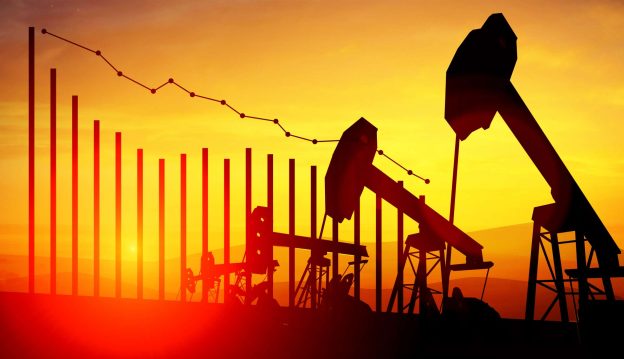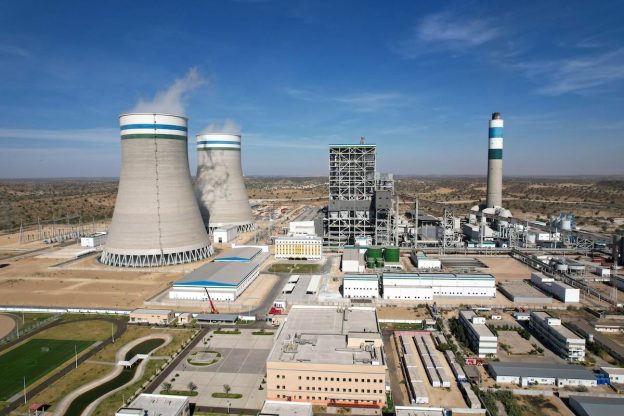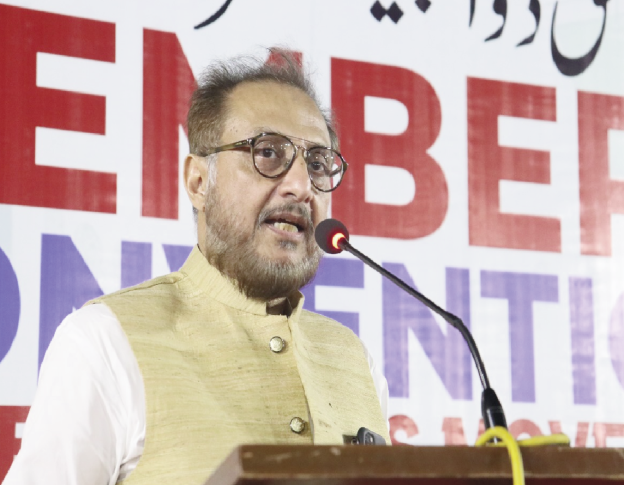Aimed at controlling trade deficit through self-reliance and creating local industrial initiatives, the Pakistan Engineering Council (PEC) has proposed a policy titled ‘Make in Pakistan’ that the authors believe would improve the country’s GDP growth, build the capacity of engineering professionals, and encourage investments.
The draft of the policy which is in circulation among engineering circles does not bear any names of the authors or the PEC committee that has undertaken this effort. Also, no major groups of the engineering fraternity knew about making such a policy. To the surprise of many, either no member of the management committee or scantly few had a hint.
The draft talks about the traditional woes of the country’s economy entangled in a vicious circle that takes off from the increased dependency on import-based consumption leading to an extensive burden on Foreign Exchange reserves to dependence on global lenders and the consequences for the country and its people.
The policy proposes to revisit the existing situation in the manufacturing sector of Pakistan by Promoting a culture of Localization as a workable instrument in the form of Import substitution. For that matter, we need to create a healthy “Industrial Culture for Localization of Equipment / Products.” To support this cause; Policy Framework for “MIP” is proposed as a viable, sustainable solution for economic reforms and a first step towards indigenization.
To get rid of the adverse impact on economic growth, the policy has proposed a under that maximizes localization of Production of Engineering Goods (EGs) through indigenous resources, and import substitution to cater to the domestic consumer & industry demands. taking solid steps through various measures to ensure “Technology Transfer and build Technology Acquisition Houses are ensured.
This plan also includes collaboration with advanced/ developed countries in a phased yet systematic manner. The policy also focuses on enhancing exports of Medium to Hi-tech products resulting in earning precious foreign exchange and job creation for youth, especially for Technicians, IT Professionals, Computer Scientists, Technologists, and Engineers.
The document identifies areas such as Automobiles and Components, Mining, Gemstones & Exploration, Agri-tech and Food Processing, Construction and Machinery, Energy Sector with a focus on Renewable Energy, Oil and Gas, IT and Software, Defense Manufacturing, Roads and Highways, Sports Industry, Leather Products, Medical and Healthcare Equipment, Biotechnology and Pharmaceutical, Electrical Equipment and Machinery, Media, Entertainment, Ports and Shipping Equipment, Textiles and Finished Derivative, Electronic Components, Systems and PCB Manufacturing, Chemicals, Railway Industry, Domestic Appliances, Telecommunication Equipment, Artificial Intelligence, Product and Process Designing, Cutlery & Sanitary, Waste Management & Recycling.
The policy says the PEC will act as a statutory body for structuring the MIP policy framework, implementation, and periodic review.
In addition, the PEC proposes legal reforms and incentives to promote the manufacturing sector, such as offering tax breaks/rebates, simplifying regulatory processes, and easing foreign investment restrictions through the Act of Parliament for continuity and sustainability of MIP Policy for the entire 15 years.
PEC has been proposed to lead all regulatory bodies dealing with product certification standards, quality assurance, and implementation of good engineering practices (PNAC, EDB, DRAP, PSQCA CBTL, etc.) needs to be established to certify National R&D, perform conformity assessment, and issue product, process and services certification including software under PEC in collaboration with all stakeholders.
The Industrial Development Bank of Pakistan (IDBL) which was established in 2018 should be made effectively functional with the allocation of funds for financing the engineering industry to process development and automation, establishment of local test facilities, supervisory control, technology transfer and transition. Funding may be provided after thorough scrutiny on an ROI basis.
The promotion/posting and financial benefits of the Trade attachés of Pakistan embassies should be linked with the export performance to the country of their posting.
The policy paper has also talked about Improving the Business Environment for which it has suggested bolstering the manufacturing sector.
It says the government needs to address some critical concerns such as 1) Improving the ease of doing business, 2) Simplifying regulatory and bureaucratic procedures, 3) Removing unnecessary barriers to facilitate manufacturing and trade through Investor facilitation cells, provision of supporting platform for new start-ups and Coopting of regulatory measures for encouraging indigenization of products and technology. This initiative will create a conducive environment for local investors to establish their businesses in the country and attract Foreign Direct Investments (FDIs) in the manufacturing sector.
On Industry-Academia Collaboration, it talks about involving all the stakeholders by collaboration of industry and academia and providing a platform as a pool of experts, retired professors, and professionals for bridging the industry–academia gap by: 1) Development of technology diffusion & transfer cells, 2) Involving experts from industry and academia, 3) Demand-driven projects/ research papers by students and faculty, 4) Establishment of a pool of experts to support the industry on the format of JICA, CBI, etc, 5) Capacity building of lead auditors and consultants for all relevant international certifications, 6) The engineering companies/ entities, including design, manufacturing, consultancy, and execution to be regulated by PEC, 7) regulating of engineers, professionals, and faculty members to carry out research projects relevant to the need of the industry to the extent of commercialization., 8) promoting and providing financial benefits of the faculty engaged with successful completion of industrial project be considered 04 times the 01 research paper. – Karachi: ER Report










